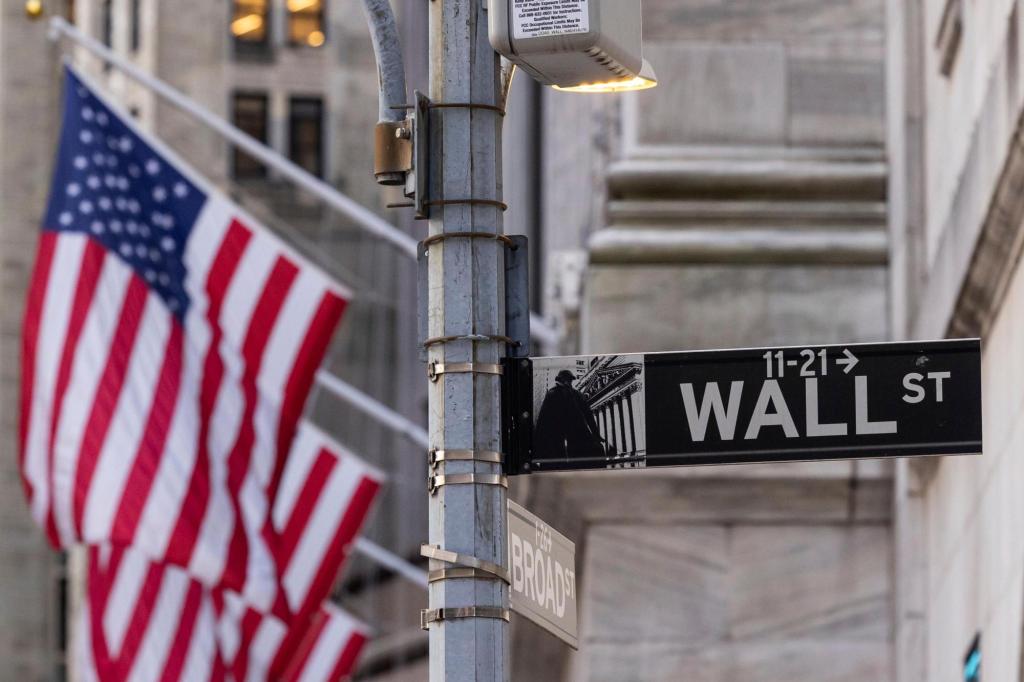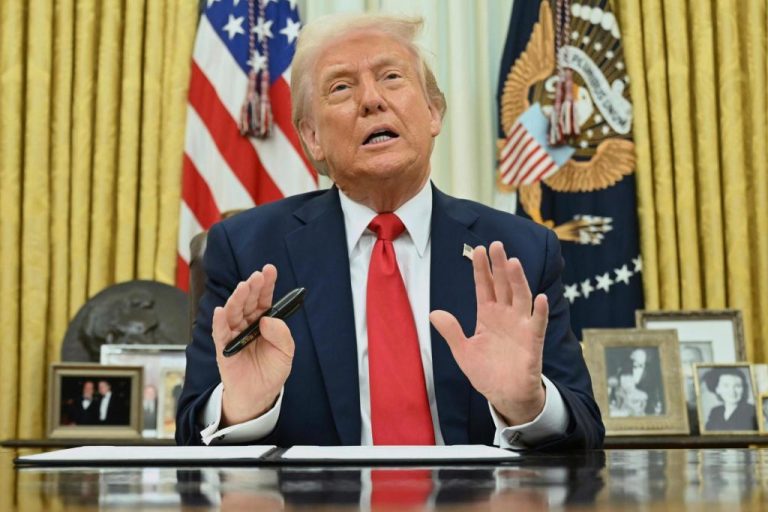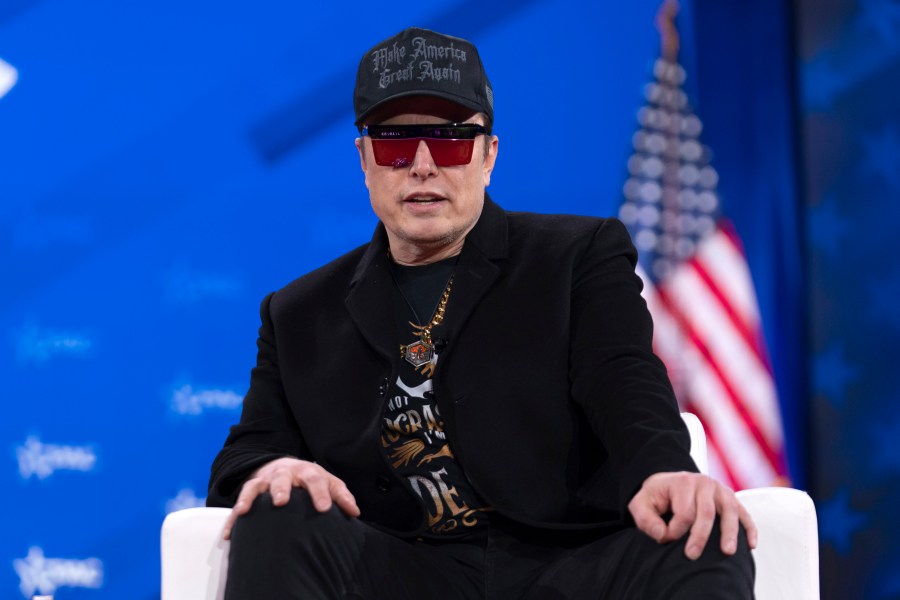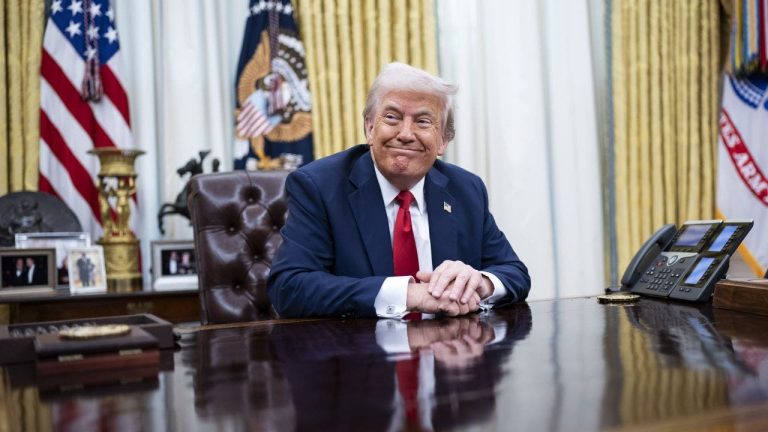

By STAN CHOE, Associated Press Business Writer
NEW YORK (AP) — U.S. stock indexes are drifting lower Tuesday with uncertainty still high about just what President Donald Trump will announce about tariffs on his “Liberation Day” coming Wednesday.
The S&P 500 was 0.4% lower in early trading, though that could change following economic reports coming later in the morning. The Dow Jones Industrial Average was down 222 points, or 0.5%, as of 9:31 a.m. Eastern time, and the Nasdaq composite was 0.3% lower.
Wall Street has been particularly shaky recently, and momentum has been swinging not just day to day but also hour to hour because of uncertainty about what Trump will do with tariffs — and by how much they will worsen inflation and grind down growth for economies.
One of the fears hitting the market is that even if Trump on Wednesday announces less-punishing tariffs than feared, the stop-and-start rollout of his trade strategy may by itself cause U.S. households and businesses to freeze their spending, which would damage the economy. Trump has pushed for tariffs in part to bring manufacturing jobs back to the United States from other countries.
All the nervousness in the market has helped push the price of gold to records, and it rose again to briefly top $3,175 per ounce during Tuesday morning. That’s up from less than $2,700 at the start of the year.
On Wall Street, Johnson & Johnson dropped 3.4% after a U.S. bankruptcy court judge denied the company’s settlement plan related to baby powder containing talc. It’s the third time the company’s attempt to resolve the baby powder settlement through bankruptcy has been rejected by courts.
Airline stocks continued their descent on worries that customers feeling nervous about the economy and global trade won’t fly as much. Delta Air Lines lost 3.8%, and United Airlines slipped 2.8%.
On the winning side of Wall Street was PVH, which jumped 19.6%. The company behind the Calvin Klein and Tommy Hilfiger brands reported a stronger profit for the latest quarter than analysts expected. It also said it plans to send $500 billion to shareholders this year through purchases of its own stock.
In stock markets abroad, indexes rose across much of Europe and Asia to recover some of their sharp drops from the day before.
In Europe, Germany’s DAX returned 1.2%, and France’s CAC 40 rose 0.8% after European Commission President Ursula von der Leyen said the world’s biggest trade bloc would not cower to U.S. trade demands.
“Europe holds a lot of cards, from trade to technology to the size of our market. But this strength is also built on our readiness to take firm counter measures if necessary,” von der Leyen said. “All instruments are on the table.”
In Japan, the Nikkei 225 held steady as Prime Minister Shigeru Ishiba said he was imploring Trump not to impose higher auto tariffs on Japan, a longtime U.S. ally. A central bank survey found a worsening in business sentiment among big manufacturers.
In the bond market, the yield on the 10-year Treasury fell to 4.17% from 4.23% late Monday and from roughly 4.80% in January. That’s a significant move for the bond market, and yields have been falling with worries about a potentially slowing U.S. economy.
AP Business Writers Matt Ott and Elaine Kurtenbach contributed.
Originally Published:





